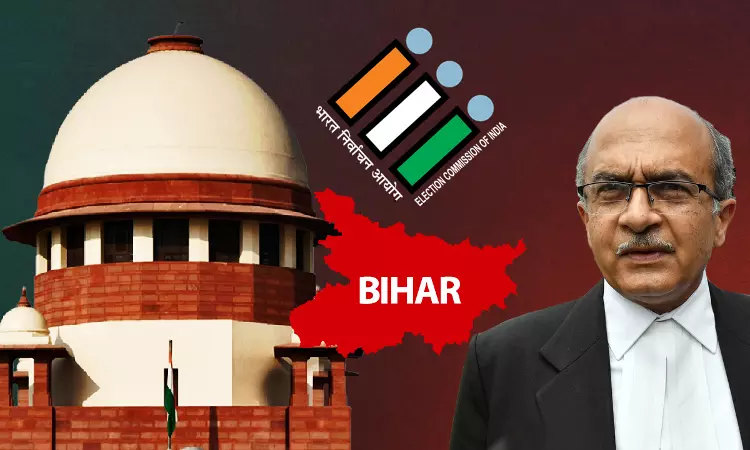Supreme Court intervention highlights Election Commission of India’s procedural failures
The Supreme Court’s intervention in the Bihar Special Intensive Revision (SIR) of electoral rolls has reaffirmed a principle central to India’s democracy: while the Election Commission (EC) retains exclusive authority over the conduct of electoral processes, that authority cannot be exercised in opacity or at the cost of disenfranchisement.
In recent weeks, the SIR exercise in Bihar triggered controversy after nearly 65 lakh names were deleted from the draft rolls. Opposition parties alleged that the exercise amounted to a political purge of the voter list, disproportionately targeting the poor, migrants, and marginalized communities. The EC, for its part, insisted that the revision was necessary to cleanse rolls of duplication and errors, denying any partisan bias.
The Court’s ruling strikes a necessary balance. By recognizing the EC’s independence in managing the revision, the bench avoided undermining a constitutional body’s mandate. At the same time, it laid down crucial safeguards: the publication of deleted names with reasons, the requirement that this data be accessible booth-wise and district-wise, and the expansion of identification documents such as Aadhaar for individuals to reclaim their franchise. These measures are not mere technicalities. They are instruments of transparency that can deter exclusion and restore public faith in the process.
Yet the larger concern cannot be wished away. Electoral rolls are the very foundation of representative democracy. Any large-scale deletion, even if procedurally justified, risks delegitimizing elections if not carried out with utmost care and accountability. In a state like Bihar, with its complex socio-economic vulnerabilities, the consequences of mass exclusion are especially grave.
The Court’s timely warning that it will step in should evidence of “mass exclusion” arise is a necessary check. But responsibility ultimately lies with the EC to conduct revisions with scrupulous fairness, and with political actors to refrain from weaponizing the issue for partisan gain. Civil society’s vigilance, too, remains critical.
The Bihar episode is a reminder that the health of India’s democracy is inseparable from the inclusiveness of its electoral rolls. An accurate roll is essential; but an exclusionary roll is unacceptable. The credibility of the SIR exercise will depend less on statistical correctness and more on whether every citizen entitled to a vote is able, without fear or hindrance, to cast it.
